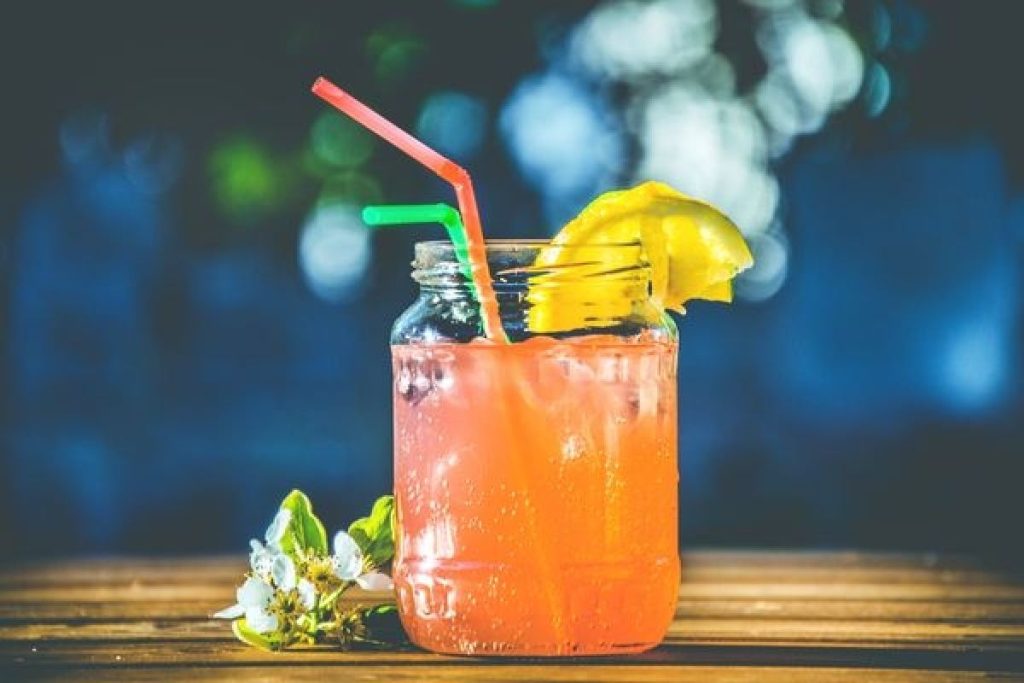Businesses warn the proposed excise duty on sodas and other non-alcoholic beverages could hammer Nigeria’s struggling sector. By Martins Azuwike in Lagos.
Beverage manufacturers in Nigeria are warning of trouble. Already struggling with high energy costs, rising operating expenses, forex market illiquidity, sharp currency depreciation, galloping inflation, and numerous structural bottlenecks, their survival has been threatened further by a federal government plan to impose a levy on all non-alcoholic, carbonated and sweetened beverages made in Nigeria. The planned N10 ($0.02) per litre tax, announced by Minister of Finance and Budget Planning Zainab Ahmed, could lead to a 0.43 per cent contraction in output and 40 per cent fall in industry revenue by 2027, according to critics. Muda Yusuf, an economist and chief executive officer at the Centre for the Promotion of Private Enterprise (CPPE), has called on Ahmed to suspend the planned tax raid, warning it could lead to the collapse of struggling local businesses. He told News Africa, Nigerian manufacturers across all industries are ‘experiencing significant spikes’ in the cost of raw materials, as well as ‘high import duty, prohibitive cost of transportation and high cost of logistics’.
‘A huge proportion of these costs cannot be passed on to the consumers because of weak purchasing power and high consumer resistance.’
‘Given the strategic importance of manufacturing to the Nigerian economy, what the sector needs at this time is more stimulus, and not more taxes.’
‘The cost of gas is similarly on the increase and there are also sharp increases in electricity tariffs.’
Meanwhile, petrol and diesel prices have rocketed in 2022, with diesel rising from an average of N288 ($0.70) per litre in January to as much as N730 ($1.75) in some areas in March, with black market rates even higher. While the war in Ukraine may not have helped Nigeria’s inflationary pressures, it also didn’t cause the current crunch for consumers and businesses alike. Manufacturers are yet to recover from the shocks of the government-imposed lockdowns and the subsequent recession it caused. Manufacturing’s contribution to GDP is still less than 10 per cent, while growth in the sector was a mere 2.28 per cent in the fourth quarter of 2021, a sluggish rebound, given the 2.75 per cent contraction of 2020.
‘Several manufacturers are not able to import vital raw materials because of forex scarcity, a situation which is severely inhibiting their production and productivity,’ explained Yusuf.
‘Many are forced to source forex from the parallel market at exorbitant rates.’
Yusuf also cited the rise of cheap Chinese imports and poor transport network in Nigeria for the manufacturing sector’s difficulty.
‘Manufacturers are struggling with unfair competition, especially from products imported from Asia which have flooded the Nigerian market, largely because of the porosity of the borders.’
‘These imports are often much cheaper than goods produced locally.’
‘The cost of logistics has continued to be on the upward trend, driven largely by the state of the roads, the limited freight capacity of the railway system, the crisis at the major ports, the traffic gridlock around the Lagos ports and extortion in the logistics chain.’
Yusuf, who until recently was the director-general of the Lagos Chamber of Commerce and Industry (LCCI), told News Africathat although the manufacturing sector has the potential to lift more Nigerians out of poverty in line with the government aspirations, it will be difficult to realise if the burden of tax becomes excessive and unbearable. Lanre Popoola, Chairman, Manufacturers Association of Nigeria (MAN), Oyo, Osun, Ekiti and Ondo branches, echoed Yusuf’s concerns, calling for urgent intervention from the federal government to arrest the situation and support the continued production of non-alcoholic drinks and other goods in the country. He made the position of manufacturers known recently, while speaking about the rising price of petroleum products and Nigeria’s poor power supply.
‘It is a difficult thing ensuring production at this time, as diesel has gone up to N720 and N730 [approximately $1.75] per litre,’ he told the News Agency of Nigeria.
‘It is getting extremely difficult to produce and I don’t know how we are going to cope because 70 per cent of industries are running on diesel.’
‘There is no power supply, we are having 30 per cent of what it used to be, whereas the disposable income of people is not increasing, and the cost of products are going up. Even in my factory now, we are only running one shift instead of three shifts of eight hours each. Other businesses are also running limited hours on diesel as they cannot afford to use generators all day.’
He added: ‘The worst part is that diesel suppliers cannot agree for organisations to make a flexible payment plan such as installments, while they deliver the products in trust. They cannot again supply you with diesel and allow you to pay in two weeks. It is either you do cash and carry, or pay ahead, because they too cannot predict the cost of the product. And I don’t blame them, imagine you bought diesel last week at N630 [$1.50] per litre and the next day it is sold for N730 [$1.75] per litre, how will you replace your stock. Popoola believes the government needs to urgently step in and support manufacturers and hauliers with rebates on diesel in order to stave off an industrial collapse.
‘Maybe the government can come in and do a kind of palliative for us, it is either we have light 24 hours per week, to run our factories or do a palliative on diesel.’
‘But unfortunately, we don’t produce diesel in this country, if the refineries are working, it is a different ball game, the country would have had it better now, if the refineries are working. So, the more the international prices of petroleum products go up, the higher the prices of what we are going to get from them.’


